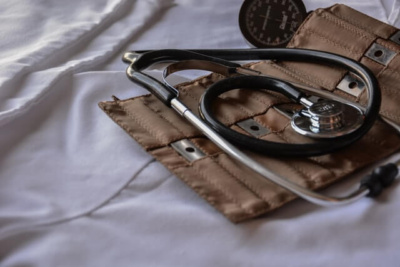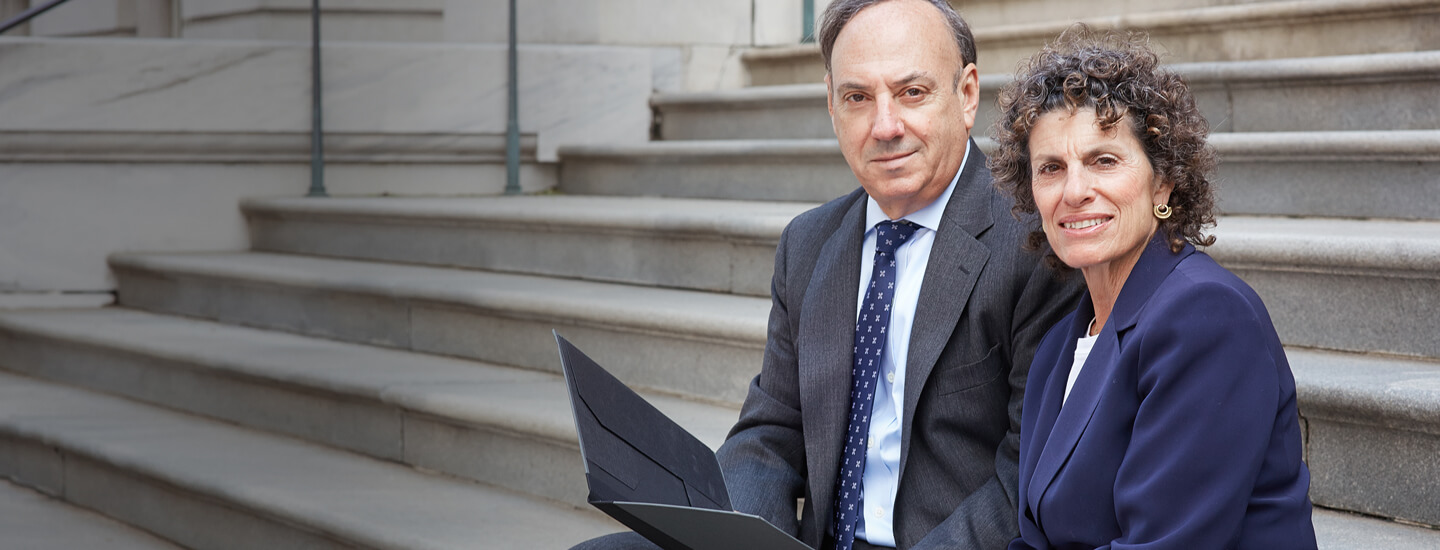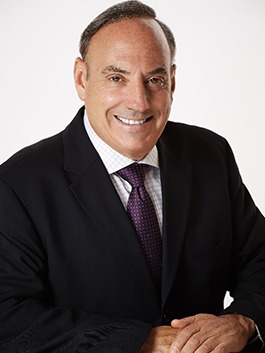Ban on Some, But Not All, Malpractice Suits Lifted

Relatively early in the pandemic, New York put provisions in place to shield doctors from lawsuits as they struggled to treat the influx of patients infected with the coronavirus. In late March, Governor Cuomo signed a bill that would protect medical professionals from malpractice suits—whether or not they had anything to do with COVID-19. State lawmakers followed that with the Emergency or Disaster Treatment Protection Act (EDTPA), a bill and new state budget that granted both civil and criminal liability protections to doctors, nurses, and other healthcare professionals across hospitals, nursing homes, and healthcare facilities, except in cases of gross negligence. It applied retroactively beginning on March 7, 2020.
This unprecedented ruling was intended to give healthcare professionals the ability to assist with the overburdening of hospitals during COVID-19 without the risk of being held liable for acts or omissions made in good faith. As New York gained control over the pandemic, though, the law came under scrutiny due to its sweeping nature. As written, the immunity clause protected healthcare workers from medical malpractice law suits that had nothing to due with COVID-19 and did not even take place in a facility that was treating the virus.
At the beginning of November, Governor Cuomo signed Senate Bill 8835, rolling back the blanket protections for healthcare workers and facilities that were not involved in the direct diagnosis, treatment, assessment, or care of COVID-19. The law went into effect immediately.
For nearly five months, from March 7 to August 3, patients and their families who fell victim to negligence unrelated to the pandemic had no legal recourse. This law is now lifted, freeing injured parties to seek compensation for medical negligence. While the law specifically includes measures that still protect facilities and professionals in COVID-19-related matters, law suits are testing exactly how far that will go. For example, could the family of a nursing home resident who contracted COVID-19 at the facility and died as a result be entitled to compensation due to gross negligence on the behalf of the facility or one of its workers, even though COVID-19 was the cause of death? These cases will be up to the courts to decide. As yet, it is too early to arrive at a precedent, however all cases should be considered.
If you have a question about whether a situation you consider to be medically negligent is pursuable under the law, contact Langsam Law for a complimentary consultation.



